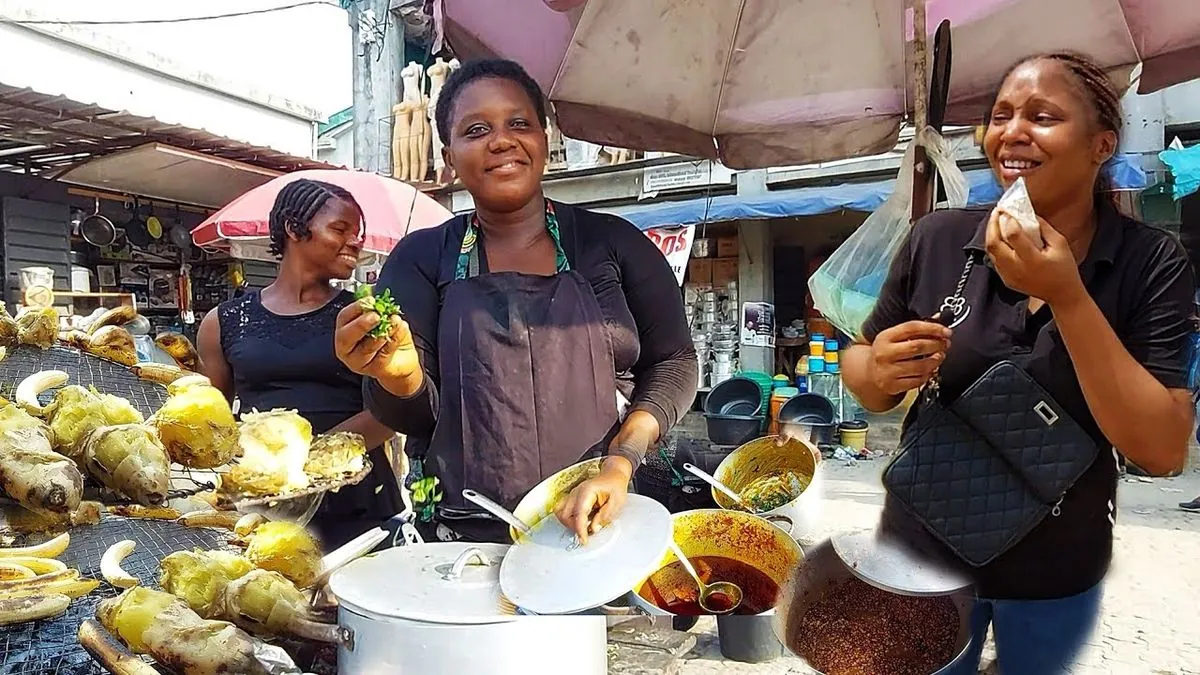Nigeria's Inflation Rate Drops for First Time in Over 18 Months
Nigeria's headline inflation rate decreased to 33.40% in July 2024, marking the first decline in over 18 months. This slowdown may bring relief to citizens who recently protested rising living costs.

In a significant economic development, Nigeria's headline inflation rate has decreased for the first time in over 18 months. The National Bureau of Statistics reported that the inflation rate dropped to 33.40% in July 2024, down from 34.19% in June. This marks the first decline since December 2022, potentially signaling a turning point in the country's economic challenges.
The inflation slowdown comes as a welcome relief to Nigerians, who recently took to the streets to protest the rising cost of living and governance issues. As Africa's most populous nation and largest economy by nominal GDP, Nigeria's economic stability is crucial for the region.
President Bola Tinubu's recent economic reforms, aimed at boosting growth and improving public finances, have been a significant factor in the inflation surge. These measures included:
- Removal of long-standing fuel subsidies
- Devaluation of the naira, Nigeria's official currency
- Increase in electricity tariffs
While these reforms have put pressure on citizens' incomes, the recent inflation dip may indicate that the effects of currency devaluation are starting to wane.

Food inflation, a critical concern in a country with over 250 ethnic groups and diverse dietary needs, also showed signs of easing. The rate decreased to 39.53% in July from 40.87% in June. This is particularly significant as food and non-alcoholic beverages remain the largest contributors to overall inflation.
The Central Bank of Nigeria, established in 1958, has been actively working to control inflation. In the past year, the bank has implemented four interest rate hikes. Some analysts suggest that the July increase might be the final one in this cycle. The next rate-setting meeting is scheduled for late September 2024, where the bank will assess the impact of these measures.
It's worth noting that Nigeria's economy faces unique challenges. As a major oil producer and OPEC member, the country's economy is heavily dependent on the oil sector. This reliance, combined with issues of corruption and economic mismanagement, has contributed to the nation's economic volatility.
Despite these challenges, Nigeria's young population, with a median age of about 18 years, represents a potential demographic dividend. The country's diverse climate, ranging from arid to tropical, also offers opportunities for agricultural diversification.
As Nigeria navigates these economic shifts, the government's ability to balance reform implementation with citizens' immediate needs will be crucial. The coming months will reveal whether this inflation decrease is the beginning of a sustained trend or a temporary reprieve in the nation's economic journey.
"These reforms are aimed at lifting economic growth and shoring up public finances."


































